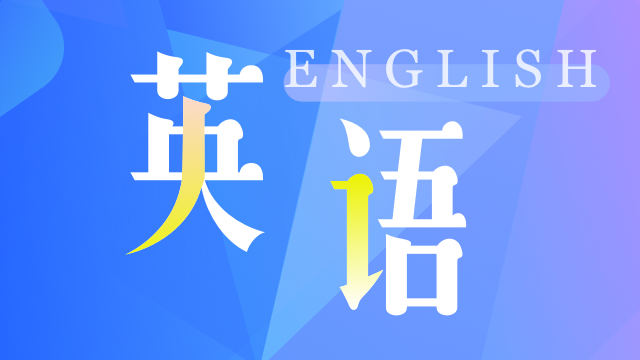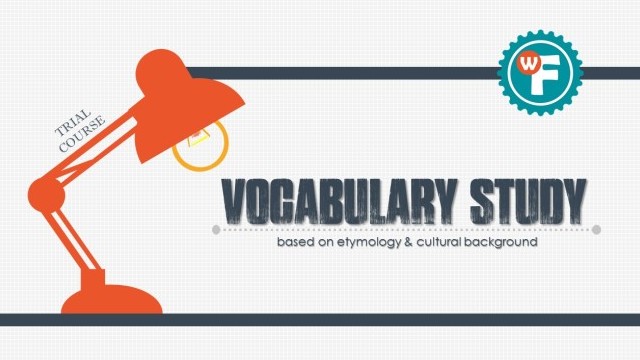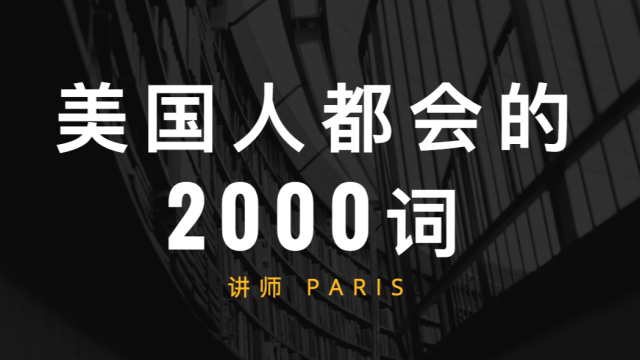An apple a day 这些老掉牙英文你还说吗?
作者:沪江英语
来源:沪江英语
2015-05-25 09:36
英语是一门“活的”语言。从最早的英文诗歌《贝奥武甫》算起,英语已经有1000多岁高龄。就像生物进行新陈代谢一样,就算到了今天,英语也一直在吸收新词,淘汰老旧用法。
Cliché(英式读音[ˈkliːʃeɪ],美式读音[klɪˈʃeɪ])就是其中一种正在被淘汰的用法。这种用法在过去可能非常新颖,但由于用的人太多,到今天已经变成了陈腔滥调。
不幸的是,对于英语学习者来说,每个词句都是崭新的,我们没法感受cliché的陈腐。所以最好的解决办法就是对下列常见cliché敬而远之。
ace in the hole
杀手锏
Achilles’ heel
阿喀琉斯之踵
acid test
决定性的考验
all thumbs
笨手笨脚
all wet
大错特错
a piece of cake
小菜一碟
apple of my eye
掌上明珠
at the end of the day
归根结底
kill two birds with one stone
一石二鸟
kiss ass
拍马屁
silence is golden
沉默是金
swan song
最后的作品
work like a dog
拼命工作
An apple a day keeps the doctor away.
一天一个苹果,医生不找我。
Better late than never.
迟做总比不做好。
Tomorrow is another day.
明天又是新的一天。
It's always darkest before the dawn.
黎明前的黑暗。
Blood is thicker than water.
血浓于水。
Time will tell.
时间证明一切。
No news is good news.
没消息就是好消息。
No pain, no gain.
没有付出就没有收获。
Rome was not built in a day.
罗马不是一天建成的。
A bird in the hand is worth two in the bush.
一鸟在手胜过二鸟在林。
大家发现cliché的规律了吗?对,它们往往是一些比喻和谚语。所以请牢记诺贝尔文学奖得主乔治·奥威尔(著有《一九八四》和《动物农场》)的写作建议:
Never use a metaphor, simile, or other figure of speech which you are used to seeing in print.
不要使用你在别的出版物里见过的暗喻、明喻等比喻手法。











